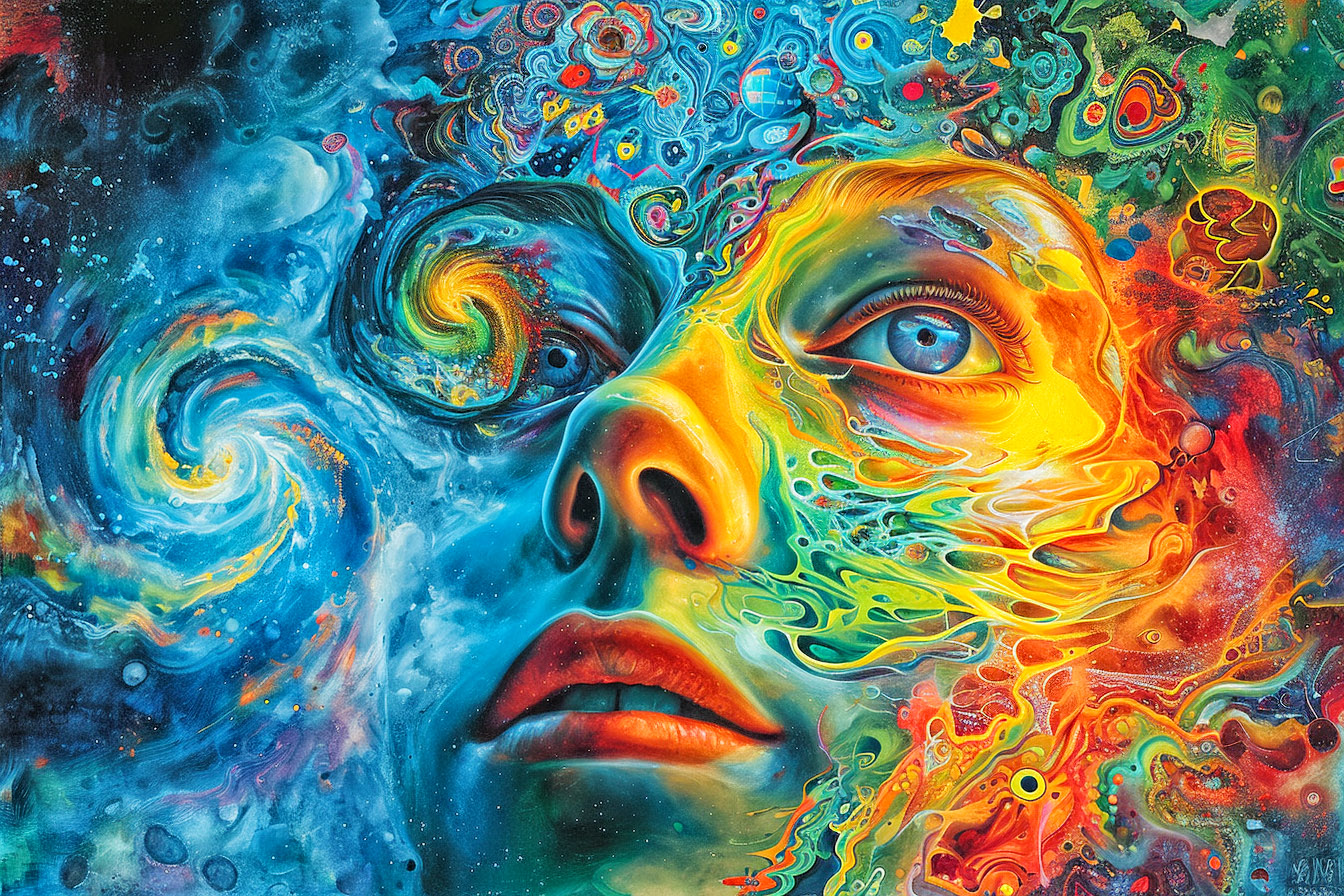Carl Jung was an influential psychologist who profoundly impacted our understanding of self and personal growth. His famous quote, “You are what you do,” succinctly captures one of the fundamental principles underpinning his theories and teachings. This article will provide an overview of Jung’s concept that actions shape identity, its origins, and its practical implications for life.
At the core of Jung’s teachings is the belief that realizing one’s true self requires conscious work toward personal growth and integration. Jung believed that actions and behaviors were critical for shaping identity during this process.
Carl Jung: A Brief Biography
Carl Gustav Jung was born in 1875 in Switzerland. His early interest in spirituality and philosophy led him to study medicine at the University of Basel in 1895. The works of Sigmund Freud heavily influenced his career trajectory after the two met in 1907.
Jung established his school of analytical psychology, focusing on the unconscious, dream analysis, and the individuation process. His renowned concepts include archetypes, extraversion/introversion, and psychological types. Jung authored extensively before he died in 1961.
The Core Principles of Jungian Psychology
Jung’s analytical psychology centers on the relationship between the conscious and unconscious self. The fundamental principles relevant to “You are what you do” include:
The Collective Unconscious and Archetypes
Jung proposed that beyond the personal unconscious, there exists a collective unconscious shared by all people. Within it reside archetypes, universal symbolic patterns, and potentialities.
Individuation
Jung saw the personality as having a conscious side subject to social conditioning and an authentic unconscious side. Individuation refers to integrating this unconscious true self into the ego personality.
Developing the Self
Jung believed we have an innate drive for self-realization. By exploring our inner unknown side, we engage with archetypes leading to growth. Our actions shape what we become consciously.
“You Are What You Do”: Unpacking the Phrase
This well-known Jung quote emphasizes that our repeated behaviors and actions come to define us. What we do constantly changes our personality over time.
Origin and Context
While its precise origin in Jung’s writings is unknown, the quote captures his principles about realizing oneself through intentional behavior. Actions allow engaging with our archetypes.
Actions and Identity
Jung proposed we can transform personality aspects through practices like active imagination. Our everyday habits and rituals shape our ego personality: “We are what we repeatedly do.”
Support From Jung’s Theories
Ideas like individuation show that Jung saw action-based self-development as key. Our behaviors integrate our unconscious true self into real life.
Practical Implications of “You Are What You Do”
Jung’s quote has practical relevance for lifestyle and personal growth choices:
Decision-Making Responsibility
We craft identity through small decisions. Assuming responsibility for actions without external attribution allows self-development.
Self-Awareness
Observing our actions objectively lets us identify aspects requiring change to realize our best selves. It allows managing our archetypal energies consciously.
Power of Habits and Routines
Deliberately building habits aligned with our ideal self makes us become that image. Our everyday rituals shape who we become.
Criticisms and Modern Interpretations
Like Freud, Jung attracts criticisms about nonfalsifiable concepts lacking scientific rigor. However, modern practitioners incorporate his core ideas on self-realization through action.
Balancing Jung’s Ideas
While self-change needs action, biological and social factors also determine personality. Jung’s quote should balance with other theories for an integrated self-improvement approach.
Jung’s Legacy and Relevance of His Teachings
While some Jungian theories have been critiqued, his influence on psychology and self-help is undisputed. His action-focused personal growth teachings remain relevant for modern life.
Self-Help Movement Connections
Many self-help practices echo Jung’s ideas. His action-oriented individuation process presaged techniques in life coaching and intentional change. Concepts like archetypes underlie personality tests, allowing self-insight.
Ultimately, Jung’s quote, “You are what you do,” carries profound wisdom. Our actions rooted in self-awareness actualize our potentialities and shape who we become. Carefully directing behaviors allows for manifesting an ideal self.
Case Study – Sarah Overcomes Her Shadow Behaviors
Sarah, 32, constantly felt unsatisfied with her life and anxious personally despite material comforts. Through analyzing her dreams and childhood experiences guided by a Jungian therapist, Sarah recognized critical unconscious archetypes driving her shadow behaviors.
She consciously practiced small habits aligned with her true self’s energies. Regular painting and gardening satisfied her creative archetype’s needs, reducing anxiety. Daily journaling enables the processing of emotions better.
Over several years, these practices allowed Sarah to actualize who she wanted to become fully. Her actions positively transformed her personality, relationships, and decision-making. She achieved greater life satisfaction via Jung’s action-based personal growth teachings.
Key Takeaways
- Carl Jung founded analytical psychology, advancing theories on the unconscious self and individuation through action.
- Jung’s quote, “You are what you do,” means behaviors shape personality over time by engaging archetypes.
- Practicing small habits aligned with an ideal self allows for manifesting inner potentialities.
- Jung’s actions focused on personal growth ideas impacted coaching and remained relevant for self-development.
- We drive to become our best selves by self-awareness and crafting aligned actions. Our deeds define us.
Conclusion
Carl Jung’s theories contain profound insights on manifesting self-development through action. His quote, “You are what you do,” captures the emphasis his analytical psychology placed on behaviors for growth.
Jung proposed realizing an integrated identity by making the unconscious self-conscious through practices like active imagination. Our everyday habits shape our ego personality over time. By deliberately crafting aligned behaviors, we engage archetypes, allowing individuation into our ideal self.
While personal change depends on other factors, Jung’s action-focused teachings remain practically relevant. His ideas influenced coaching approaches for intentional change. Applying his wisdom by directing energies into aligned habits can facilitate becoming our best selves. Our actions define us significantly, making us who we are.
